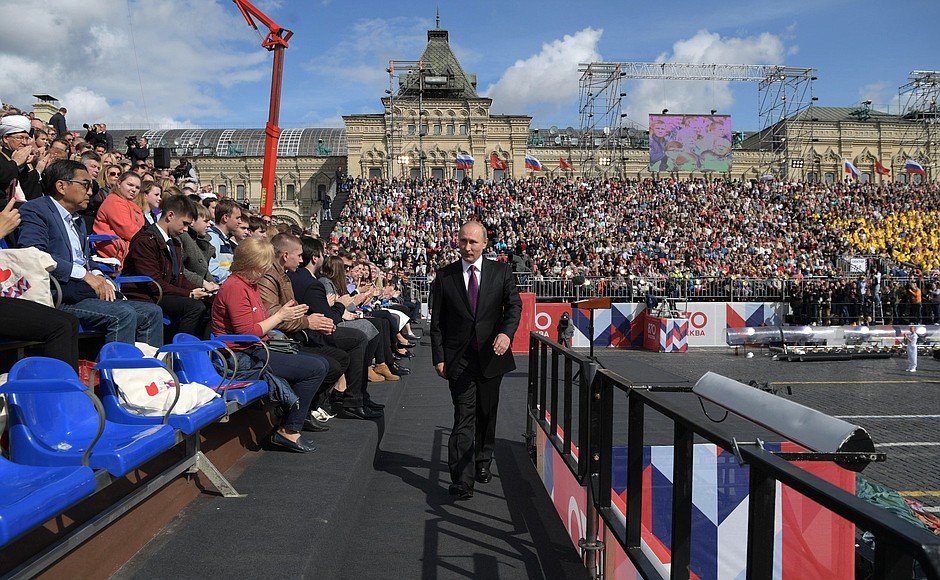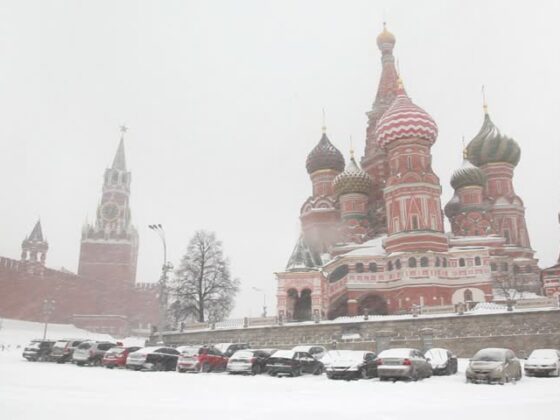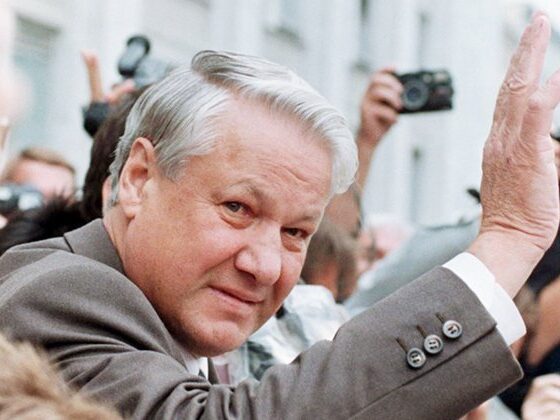(Journal of Democracy) (Co-authored by Samuel Greene) The Kremlin’s ability to maintain power and popularity despite an aging leader, an ailing economy, a rallying opposition, and many other domestic and international challenges is puzzling given current theories of authoritarianism. These theories focus on some combination of material interests, institutional engineering, and the charisma and skill of the dictator himself. A close examination of the Russian case, however, reveals that the real power of Putin’s dictatorship lies in the realm of ideas and emotions that chime with powerful currents in society, which in turn shape and limit the Kremlin’s strategies.
Authors: Graeme Robertson and Samuel Greene
Read More © Journal of Democracy











